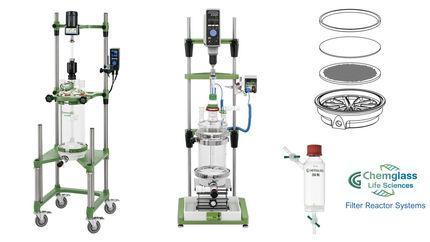To use all functions of this page, please activate cookies in your browser.
my.chemeurope.com
With an accout for my.chemeurope.com you can always see everything at a glance – and you can configure your own website and individual newsletter.
- My watch list
- My saved searches
- My saved topics
- My newsletter
Mycobacterium vaccaeMycobacterium vaccae are a species of the Mycobacterium family of bacteria that lives naturally in soil. Its name is derived from the Latin word, vacca (cow) as the first described strain was isolated from cow dung in Austria.[1] Product highlightScientists believe the bacteria may work as an antidepressant because they stimulate the generation of serotonin in the brain.[2][3]
|
| This article is licensed under the GNU Free Documentation License. It uses material from the Wikipedia article "Mycobacterium_vaccae". A list of authors is available in Wikipedia. |







